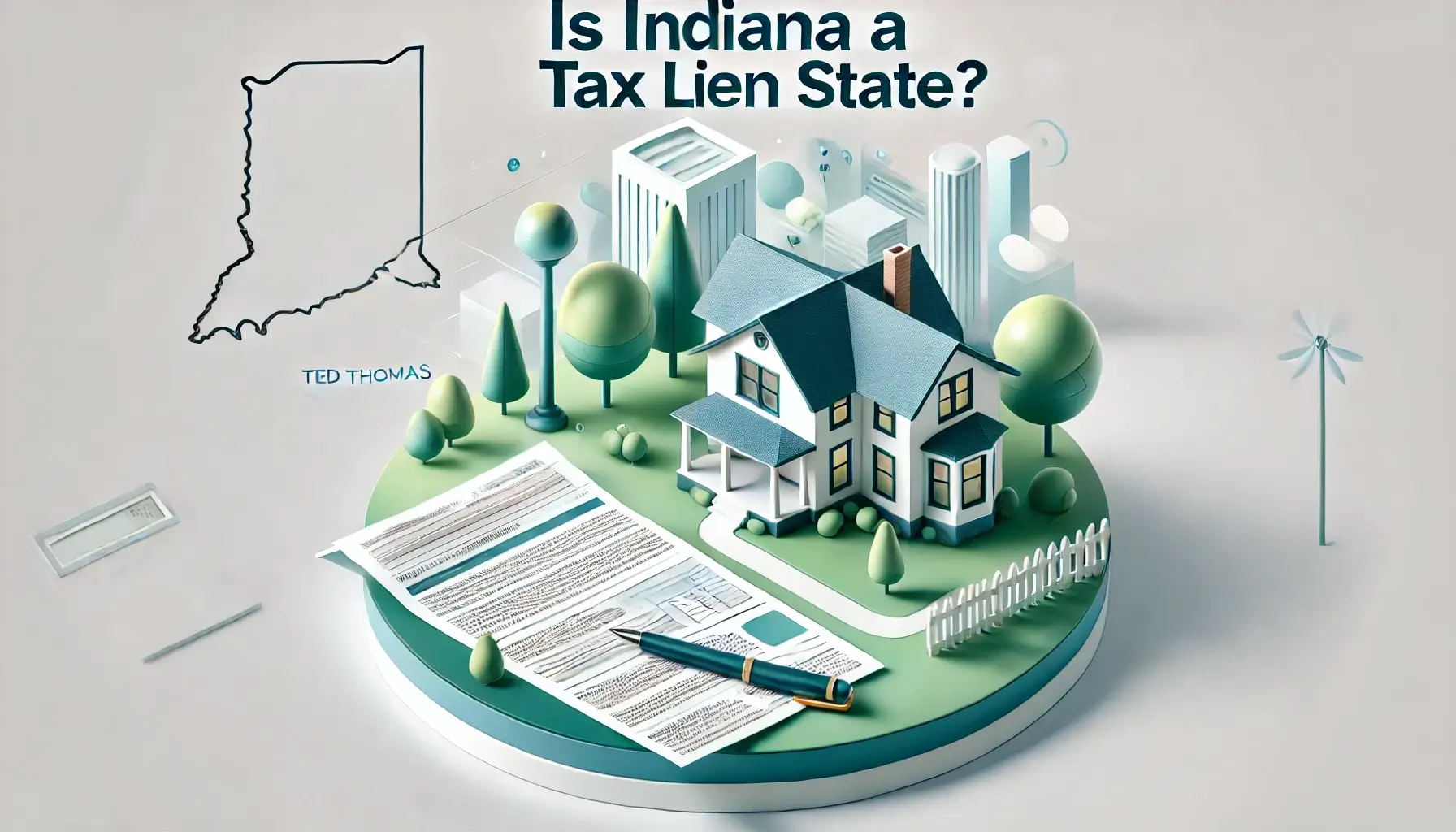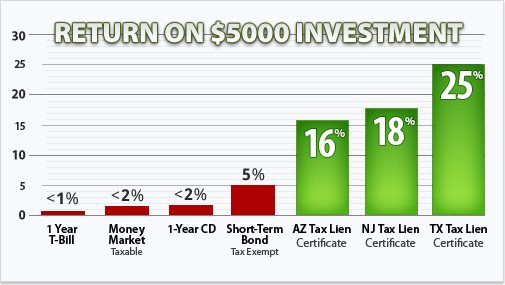All Categories
Featured
Table of Contents
If you want the tax obligation lien foreclosure procedure, you must get in touch with an attorney so you understand and consider the threats of this kind of financial investment. - tax lien investing for beginners
Tax obligation lien sales are one way that cities and counties attempt to redeem some of the public bucks they've spent keeping these buildings abandoned by personal proprietors. As we'll describe in this post,. When real estate tax are taken into consideration delinquent, city governments normally focus on giving notice of delinquency and attempting to accumulate the overdue quantities from the proprietor.
However, this process generally takes years. If a proprietor has actually left and hesitates to pay taxes or preserve the building, the city must invest tax dollars to maintain the building. These costsboarding up the building, cutting thick yard and weeds, reacting to fire and cops gets in touch with the residential or commercial property, and moreadd up

Owners that have actually dropped on hard times definitely need every initiative to keep them out of misbehavior and in their homes. Yet generally, if the property is uninhabited and deteriorated, we should think the owner has actually selected to desert their rate of interest in the residential property and that they are "unwilling" to pay (though circumstances previously while doing so might have required their hand).
Investing In Tax Liens Risks
Take, for instance, a single-family home where the proprietor has actually long since left. For many years the city government has actually had to tip in and remove rubbish discarded in the backyard, board up the doors and windows, and react to telephone calls regarding illicit activity on the building. All these services set you back the regional federal government taxpayer bucks.
In several states, those costs can be accumulated in the same manner as the unpaid tax obligations, yet not in all. In a tax lien sale (or tax certification sale) the neighborhood government usually holds a public auction where the winning prospective buyer concurs to pay the most money for the right to implement the tax obligation lien, starting with a minimal bid of at the very least the taxes possessed, plus suitable interest, costs, and expenses.

When a federal government markets the tax lien they are usually marketing to a personal customer the neighborhood federal government's authority to collect the financial debt for ahead of time settlement of the tax obligations owed. The purchaser's purchase normally includes the capacity to make future interest, as well as redeem associated charges and expenses incurred by the purchaser, if the home proprietor pays the tax obligation financial obligation.
This is, essentially, privatization of a core government function: taxation. Tax obligation lien sales are particularly poor when it involves vacant, abandoned, and deteriorated homes because they extend the period before a home can be moved right into the hands of a new, extra liable proprietor. Exclusive tax obligation lien buyers hold the financial debt, but they do not possess the titlethe lawful right to possession of the propertyand in lots of cases, they have no passion in obtaining it.
Tax Lien Investing Scam
Taking into consideration spending plan cuts, neighborhood governments in lots of states have lowered in-house real estate tax collection and enforcement efforts and looked to tax lien sales as a quick mixture of income - investing tax liens (tax lien investing for dummies). Lots of regions choose or are mandated by the state to offer tax liens because it contracts out collection and frequently brings in extremely needed cash money earlier in the collection process
By transferring the local federal government's interest in and enforcement of the tax lien to a private buyer, city governments shed much of their flexibility: flexibility to get vacant residential or commercial properties that the private market doesn't want, or to help the proprietor stay clear of losing their home. With vacant buildings, there is a much higher chance that the personal buyer isn't interested in the building itself.
Tax lien sales can trigger damage in traditionally disinvested areas. In a depressed real estate market, less proprietors are able to redeem the amount of the debt marketed to a tax lien customer. These locations are ripe for a various kind of tax lien investorspeculative proprietors looking for to obtain homes on the low-cost by foreclosing on the real estate tax lien, bleeding what little bit equity is left by renting a substandard residential or commercial property to prone tenants, and after that abandoning the residential or commercial property when they have actually made back their investment.

Not all state legislations offer neighborhood governments the power to interfere in this cycle. Either way, the home continues to be vacant and in limbo, all the while imposing significant expenses on its neighbors and taxpayers. It's reasonable that many city governments turn to tax obligation lien sales since they aid money essential public solutions.
If the local government rather markets the property (aka the "tax obligation act"), instead than the tax financial debt, after that they are in control of what takes place to the residential or commercial property and the enforcement process if the owner remains to not pay the property tax owed. The government will certainly provide the owner a sensible time to pay back the tax obligation debt, after which the government will seize its interest in the tax obligation lien and the owner's right of redemption.
From their inception, these public auctions were venues for capitalists to make money through exploitation. In early 20th-century cities, notorious "tax obligation sharks" like Chicago's Jacob Glos and New york city's Charles Wiltsie collected lot of money by getting up ratings of tax obligation liens on domestic buildings, billing their owners exorbitant amounts to remove the lien, or waiting until the target date for settlement passed and asserting the deed.
The Truth About Tax Lien Investing

Phone call to abolish tax obligation lien sales and overhaul tax obligation misbehavior laws have actually occasionally appeared. Usually, they have actually can be found in response to situations of inadequate, often elderly homeowners that shed their homes to unethical tax customers over little tax obligation financial obligations. However with a few exceptions, state legislatures have actually resisted structural reforms.
Those that have settled their home loans (mostly senior citizens or persons who had actually acquired a family members home) have to also discover the cash to pay real estate tax. This describes why 70 percent of the homes sold at tax lien sales are owned outright. It is well past time for states to embrace a more humaneand more effectivesystem for building tax obligation enforcement.
Table of Contents
Latest Posts
Buying Delinquent Tax Homes
Tax Lien Deed Investing
Homes For Sale On Back Taxes
More
Latest Posts
Buying Delinquent Tax Homes
Tax Lien Deed Investing
Homes For Sale On Back Taxes